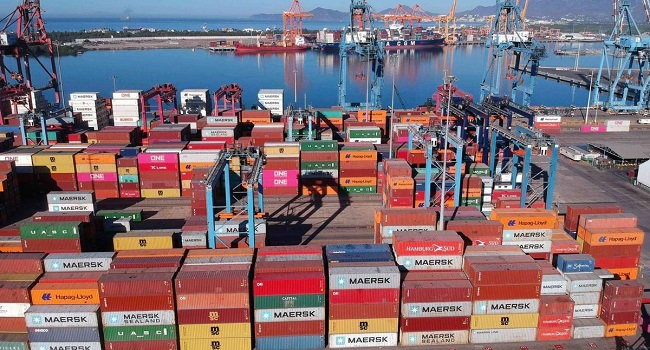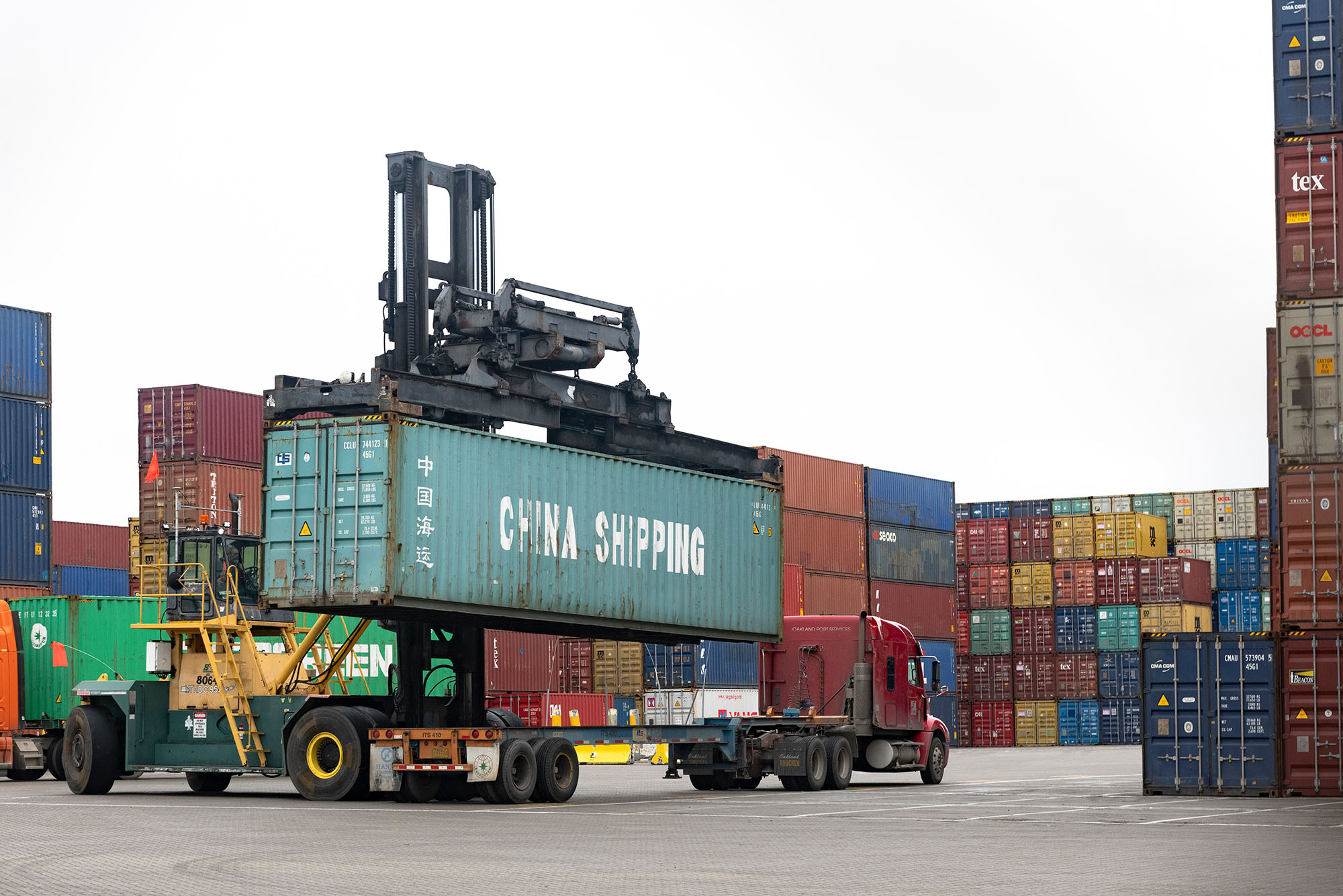The United States government has stated that corruption continues to be a substantial barrier to trade and investment in Nigeria.
In its latest 2025 National Trade Estimate Report on Foreign Trade Barriers, the Office of the United States Trade Representative (USTR) expressed concerns over corruption and lack of transparency in tender processes, issues that it said are troubling for U.S. companies.
“U.S. firms encounter difficulties in daily operations due to inappropriate demands from officials for ‘facilitative’ payments,” it stated.
Efforts to strengthen anti-corruption measures, the report added, have been undermined by inter-ministerial disputes and partisan politics, while the Nigerian justice system’s ability to secure convictions and impose appropriate sentences for corruption offences remains questionable.

The report also criticised Nigeria for delays in approving import permits for American agricultural products, describing the situation as a longstanding obstacle to market access.
Despite ongoing efforts since 2019 to negotiate permits for U.S. food and agricultural exports, Nigeria has been slow to act on numerous pending requests.
The USTR further highlighted Nigeria’s weak capacity for certificate review, goods inspection, and testing, which has led to significant clearance delays and encouraged reliance on informal trade channels.
It also noted inconsistency in the application of sanitary and phytosanitary regulations, contributing to confusion among exporters.
“Nigeria is inconsistent in implementing technical regulations and sanitary and phytosanitary measures, creating confusion and undermining compliance,” it observed.
The report criticised Nigeria’s complex and restrictive import regime, highlighting that while the average Most-Favoured Nation (MFN) tariff rate was 12 per cent in 2023, agricultural products attracted an average rate of 15.9 per cent and non-agricultural goods 11.4 per cent.
It noted that Nigeria imposes additional charges that substantially increase effective tariff rates, with duties and fees exceeding 50 per cent on 79 tariff lines — including 17 lines surpassing the 70 per cent limit set by ECOWAS.
Furthermore, the report condemned Nigeria’s continued ban on 25 product categories — such as poultry, beef, spaghetti, fruit juice in retail packs, used vehicles over 12 years old, soaps, and certain alcoholic beverages — calling them barriers to trade.
It also pointed to systemic issues within Nigeria’s customs administration, citing corruption, manual processes, and inconsistent enforcement of trade rules.
Despite the approval of a $3.1 billion customs modernisation project in 2020, the report said the initiative has been delayed and is currently entangled in legal disputes.
Regarding public procurement, the USTR stated that U.S. companies face obstacles in accessing government contracts, due to a lack of transparency and issues with contract payments. Some agencies, it said, ignore procurement guidelines, and foreign government-subsidised financing sometimes influences contract awards.
While acknowledging reforms such as the passage of the Copyright Act, 2022, the report stated that enforcement of intellectual property rights remains poor. Counterfeit goods — including pharmaceuticals, automotive parts, and other consumer products — remain widely available and pose health and safety risks.
The USTR also criticised Nigeria’s digital trade restrictions, noting that data localisation requirements introduced by the National Information Technology Development Agency create uncertainty for businesses, although enforcement remains lax.
New taxes on digital services introduced by Nigeria’s Finance Acts of 2020 and 2021 have also raised concerns among U.S. companies.
The report also highlighted restrictions in the reinsurance and advertising sectors, including limits on foreign participation and mandatory advertising registration requirements.
On foreign exchange, despite the Central Bank of Nigeria’s 2023 reforms to unify exchange rates and lift certain forex restrictions, challenges persist. Companies report delays and denials in fund repatriation applications. Of an estimated $7 billion forex backlog, only $4.6 billion had been cleared by March 2024, with $2.4 billion still under review.
Finally, the USTR described Nigeria’s ports — particularly Apapa in Lagos — as among the most expensive globally, citing severe congestion, infrastructural deficiencies, and maritime security concerns.
Although the establishment of a Ministry of Marine and Blue Economy is noted as a positive step, the report concluded that significant barriers to trade and investment in Nigeria remain widespread.


 Trending
Trending 
